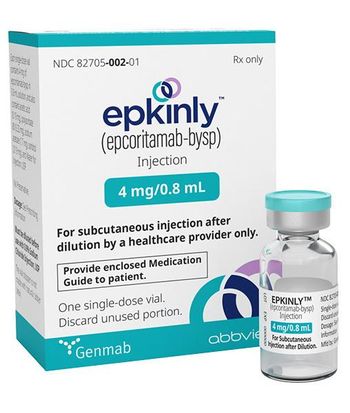
Stanford Medicine's "Health Trends Report" Analyzes Big Data in Healthcare
Stanford Medicine recently published its first annual Health Trends Report, revealing the prominence of big data and the potential difficulties it can produce when attempting to improve the healthcare system.
Stanford Medicine recently published its first annual
The report is a full review of healthcare data and research that analyzes the effects of big data on all components of the medical experience. The report emphasizes the role of big data in the future of healthcare, and therefore acknowledged the need for doctors and health professionals to be trained in managing data as its influence in their field increases.
“Today, health care is becoming increasingly connected but also increasingly complex. This unique dichotomy poses both an opportunity and a challenge for institutions like our own, whose job it is to heal, innovate and educate,” said Lloyd Minor, MD, dean of the School of Medicine. “In publishing this report, we hope to show how big data is the most important trend facing the sector and, in the process, inform and educate the entire medical community—including patients, doctors, the private and public sectors—who are actively shaping the future of health care.”
This shift in healthcare will require medical professionals to improve their skills in analytics, data management, and information processing in order to obtain the benefits of the changing system. In order to maximize the role of big data, the
- Healthcare professionals must be educated in data analytics.
- Proper data management systems are needed in healthcare organizations.
- There must be fewer barriers for data sharing among health care organizations.
- Patients should be encouraged to take an active role in their care.
- Rising healthcare costs threaten the potential role of big data.
- Data management and improved technology will help doctors provide personalized patient care.
“As big data becomes more of a resource for patients and their physicians, it simply is not enough to stick to the traditional ways of conducting research, engaging in patient care and educating the next generation of doctors,” Minor noted. “Institutions like Stanford have a responsibility to drive advances in data management so that patients can be partners in their own care. By leveraging big data, we can create a vision of health care that is more preventive, predictive, personalized and precise.”
Newsletter
Stay ahead of policy, cost, and value—subscribe to AJMC for expert insights at the intersection of clinical care and health economics.
















